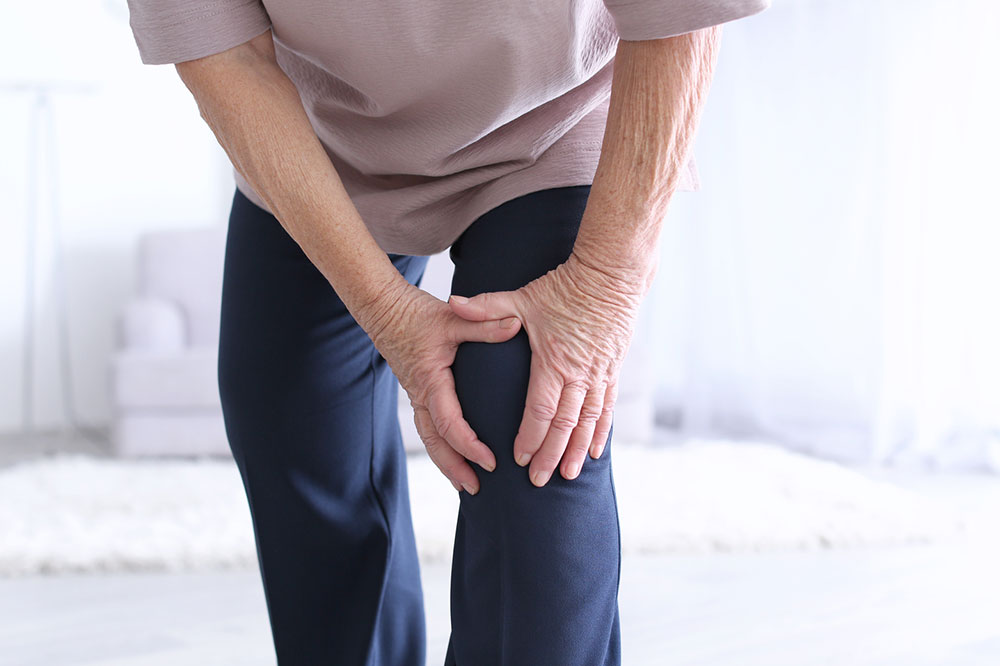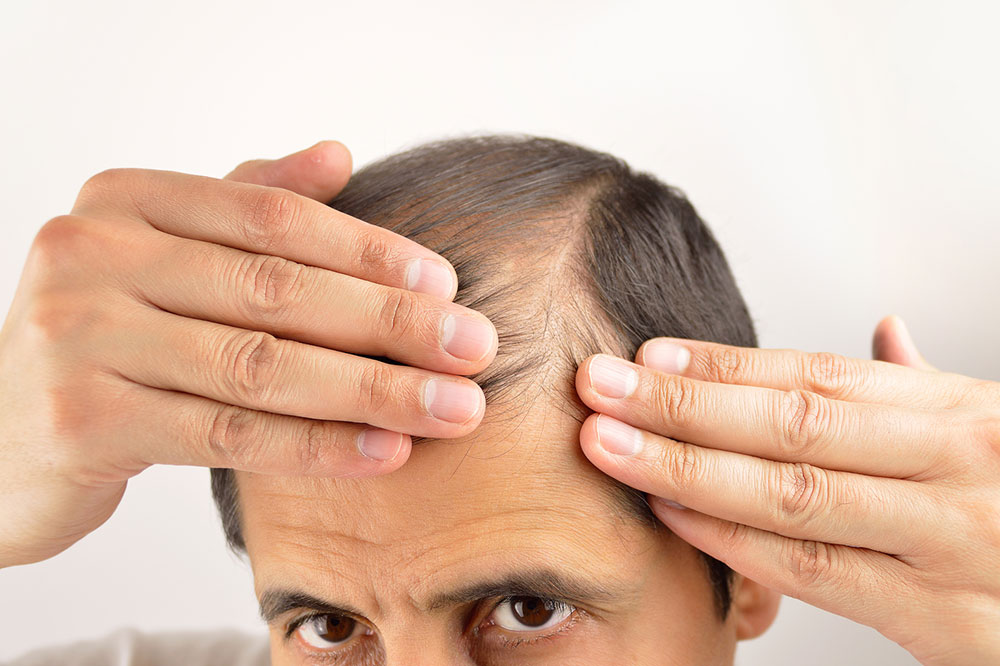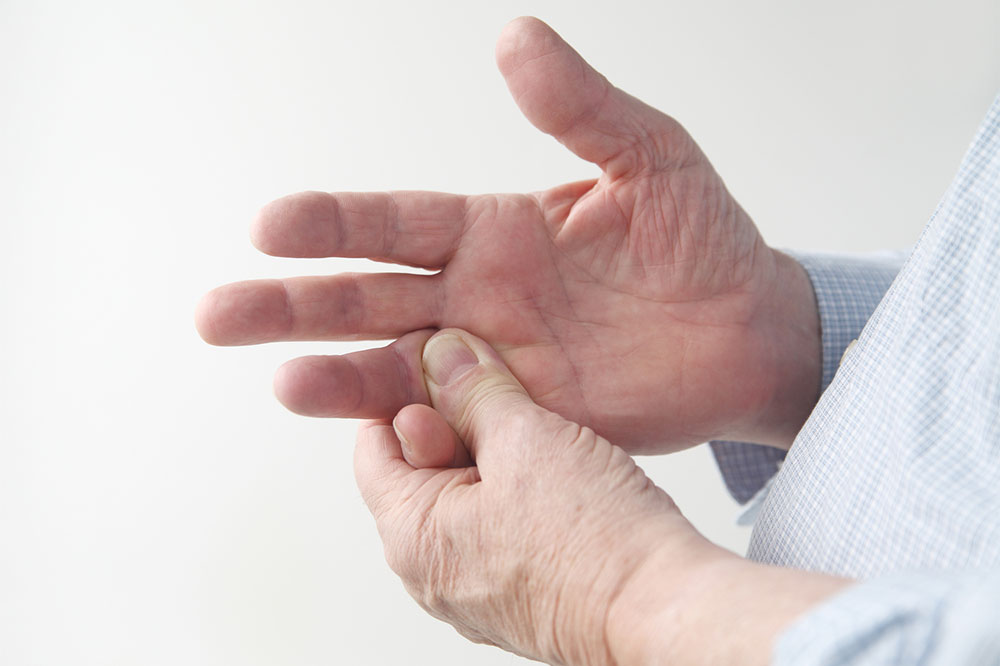6 common period mistakes women make

Taking care of the body and maintaining proper hygiene during the menstrual period is incredibly important. This also includes using safe and hygienic menstrual products, which are extremely affordable. However, one can make a few mistakes while on their period, which can cause issues in the long run. Read this article to learn more about menstrual products and tips on how to avoid some common mistakes while on a period.
Common mistakes made during the menstrual period
Using scented tampons or pads
In most cases, usage of scented menstrual products can lead to skin irritation and even cause burn-like symptoms. Hence, healthcare professionals recommend using fragrance-free products without any additives, such as aloe vera. Furthermore, one can also use organic products that contain no chemicals.
Not keeping track of the period
The menstrual cycle is often one of the markers of overall health. In fact, for some health conditions such as diabetes, celiac disease, and thyroid dysfunction, the menstrual cycle can be an indicator of the condition. Furthermore, irregular periods in women can also indicate certain forms of cancer. Hence, one can use period and ovulation tracking apps to ease the process of period tracking and maintain overall health. Additionally, seeking medical advice is suggested in case of a missed period.
Not changing pads/tampons regularly
The longer one wears the tampons or pads, the more bacteria grow. Used tampons and pads are the perfect environment for bacteria. This includes Staphylococcus aureus, which releases toxins and may cause toxic shock syndrome. Hence, healthcare professionals suggest changing pads and tampons every 4 to 8 hours. However, if one needs longer-lasting protection, one can use menstrual cups for up to 12 hours.
Not getting enough sleep
Most women experience severe cramping, bloating, restlessness, and even hormone-induced insomnia during the menstrual period. However, sleep is extremely important during this time, as without enough sleep, the body may become inflamed and stressed, which can, in turn, worsen symptoms of premenstrual syndrome ( PMS) and menstrual cramps. Hence, it’s recommended to get 7-8 hours of sleep, especially during the menstrual period.
Skipping daily workout
Besides being one of the best methods to destress, a daily workout also sweats out the toxins in the body. Furthermore, light exercise proves helpful in easing cramps and improving sleep quality. Hence, it’s recommended to get at least 30 minutes of exercise 5 days a week, even when having a period. Some light exercises suggested during a period are gentle hip stretches and cycling.
Drinking coffee or tea
Caffeinated beverages such as coffee and tea may cause dehydration. This may further lead to a worsening of the symptoms. Furthermore, cutting back on caffeine may also help ease tension, insomnia, and even anxiety. Hence, healthcare professionals recommend limiting caffeine throughout the month, especially during a period. However, one may have to limit caffeine for a prolonged time to notice changes in their regular menstrual cycle.
In addition to the above, one must wash their intimate parts only with water and wash their hands before and after using menstrual products. This helps in maintaining optimum levels of hygiene.







